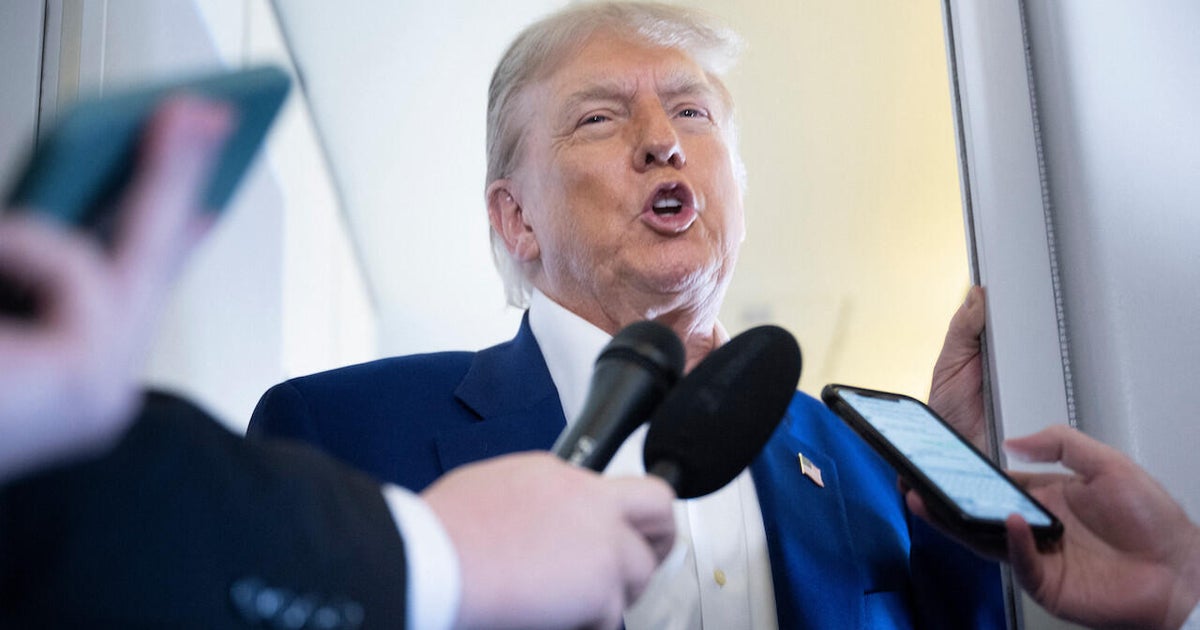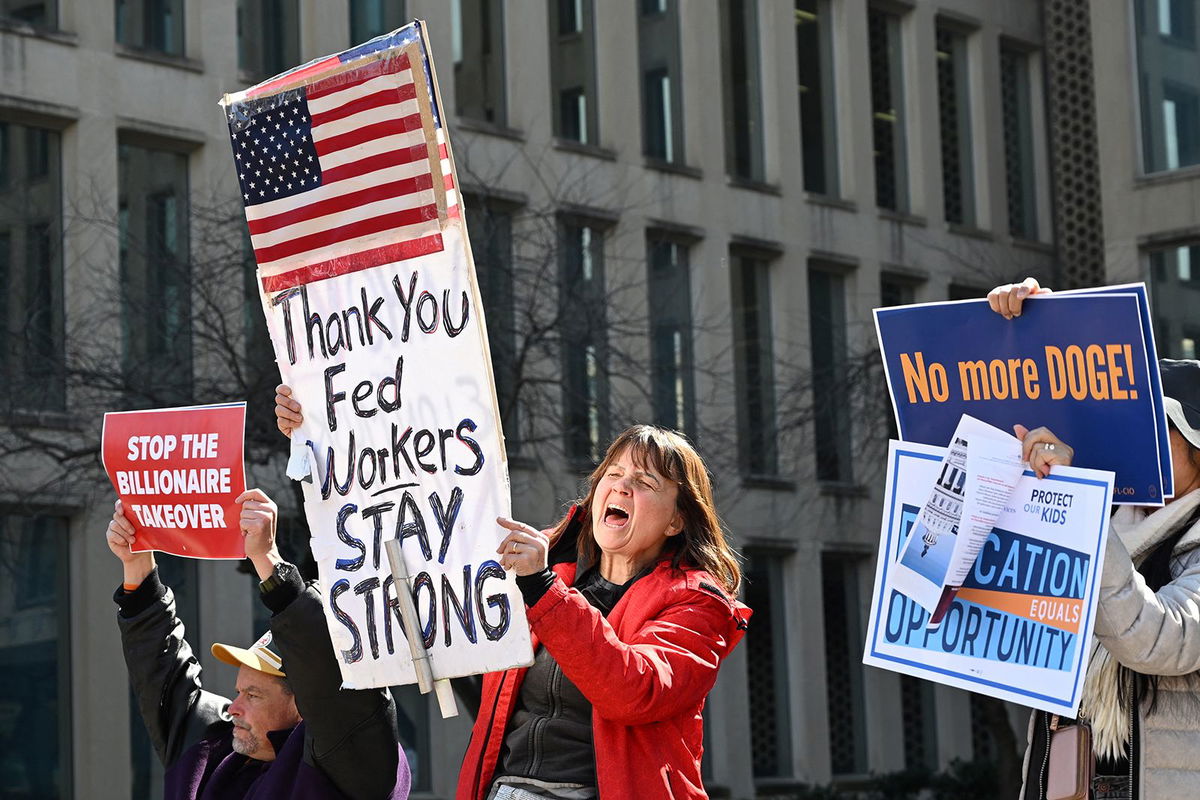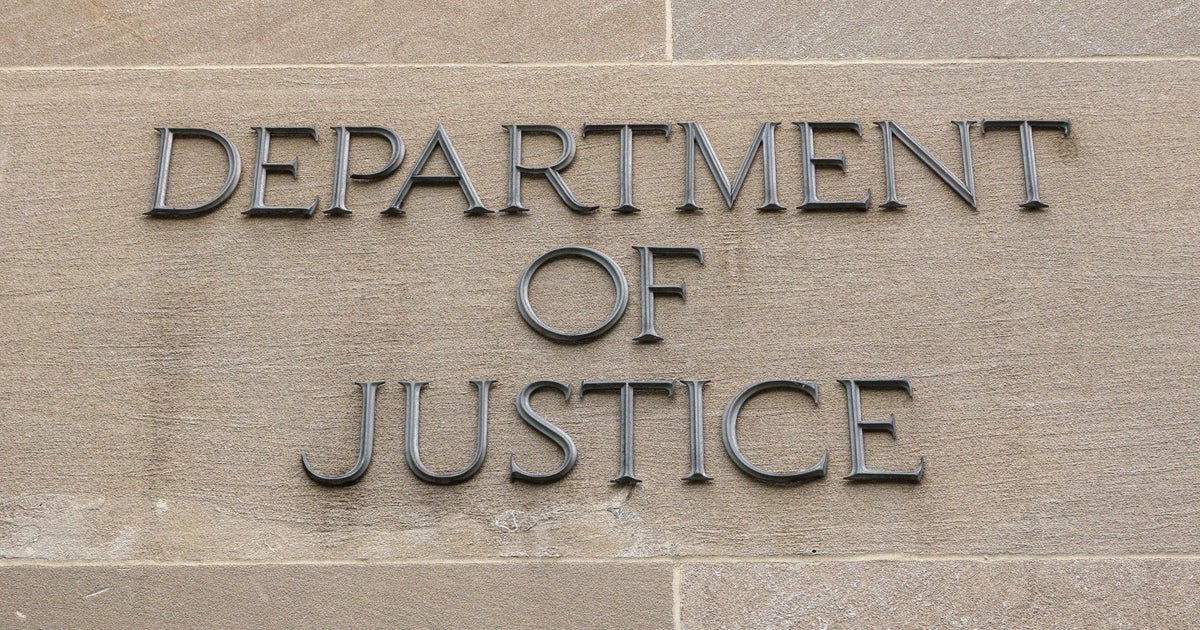- The Morning Post
- Posts
- Ceasefire Chaos, Whistleblower Bombshell & a Secret Stake in ICE
Ceasefire Chaos, Whistleblower Bombshell & a Secret Stake in ICE

In a recent testimony before Congress, Federal Reserve Chair Jerome Powell dismissed the likelihood of an interest rate cut in July, emphasizing the need for caution as the effects of current economic policies remain uncertain. Powell noted that while some officials widely expect tariffs from the Trump administration could lead to price increases, the actual impact is yet to be fully realized.
He stressed that the Fed remains focused on balancing inflation and employment goals rather than succumbing to political pressures. Despite pressures from the White House and some Fed members calling for lower borrowing costs, many economists predict that cutting rates too soon could be imprudent, especially as tariff-induced price hikes loom.
Powell's remarks signal that the Fed will likely hold steady in its interest rate policy for the foreseeable future, prioritizing a careful analysis of economic indicators over expedient political demands.

In a recent development regarding the volatile Israel-Iran situation, former President Donald Trump took center stage by initiating a call with Israeli Prime Minister Benjamin Netanyahu. This conversation arose after Israel accused Iran of breaching a ceasefire agreement, a charge Iran swiftly denied.
In an effort to stabilize tensions, Trump also took to social media to assert that the ceasefire remains intact. As analysts dive deep into this diplomatic drama, CBS News reporters Holly Williams and Olivia Rinaldi dissect the implications of Trump’s involvement and what it means for both regional tranquility and international relations.
This unfolding narrative not only highlights the complexities of Middle East diplomacy but also reaffirms Trump’s enduring influence in global politics. Stay tuned for ongoing updates as these two nations navigate their precarious relationship amid fluctuating alliances and intensified scrutiny.

In a bold military maneuver, U.S.
strikes on Iranian nuclear facilities have reportedly set back Tehran's nuclear ambitions by several months, according to an initial assessment from the Defense Intelligence Agency. The airstrikes effectively sealed off access to key enrichment sites, triggering a debate about their long-term efficacy.
While President Trump boasted that Iran's capabilities were "completely and totally obliterated," intelligence sources warn of a more cautious reality, suggesting that the heavily fortified Fordo facility remains largely intact. The situation remains dynamic, with Iran possessing enriched uranium and operational centrifuges that could hasten weapon development.
Amid a backdrop of escalating tensions—intensified by Israel’s ongoing military efforts against Iran—the U.S.
military and intelligence communities are grappling with the complexity of ensuring regional stability while addressing nuclear proliferation risks. As global scrutiny mounts, the unfolding saga raises pressing questions about the effectiveness of military intervention in curbing nuclear threats.

In a significant ruling for federal employees, a federal judge has blocked former President Trump's executive order aimed at ending collective bargaining rights for over a million federal workers. Judge James Donato, of the U.
S. District Court in San Francisco, issued a preliminary injunction favoring a coalition of unions, who argued the order violated their First Amendment rights and posed a risk of irreparable harm.
The order, introduced in March, sought to dismantle union contracts under the guise of national security, affecting multiple government agencies. Despite a conflicting ruling from a D.
C. Circuit Court, Donato emphasized the importance of protecting constitutional rights against potential government overreach.
As the legal battle continues, several unions, including the American Federation of Government Employees, celebrate this decision as a crucial win in their fight against perceived retaliation from the Trump administration, keeping the debate on workers' rights in the spotlight.

Stephen Miller, former White House deputy chief of staff and a key architect of Trump’s anti-immigration policies, has been found to own up to $250,000 in stock in Palantir Technologies, a government contractor heavily involved in deportation efforts. Palantir has made waves by securing lucrative contracts under the Trump administration, including a $30 million deal with ICE for tracking deportations.
The revelation raises ethical concerns, especially given Miller's past role in shaping policies affecting immigrants. Although Miller has stated he will recuse himself from decisions impacting his investments, watchdog groups remain wary.
Critics argue that Palantir is normalizing authoritarianism, with employees expressing fears about its role in advancing government surveillance. Meanwhile, the company insists it adheres to guidelines that safeguard privacy and civil liberties.
As Miller’s financial interests intersect with critical immigration enforcement, the implications of these ties are stirring debate and scrutiny.

President Trump made a splash at the NATO summit in The Hague, just days after ordering strikes on Iranian nuclear sites and brokering a shaky ceasefire in the Israel-Iran conflict. Expressing discontent with both nations, he criticized Israel for swiftly launching attacks post-ceasefire.
“I’m not happy with either,” he declared, as tensions simmered. His arrival marked his first NATO meeting since returning to the White House, where he reasserted his "friends-first" approach but danced around his commitment to Article 5, the collective defense agreement.
As he pressed for an increase in NATO defense spending to 5% of GDP, leaders stood divided—Spain announced plans to stick to the previous 2.1%.
With world leaders watching his every move, the summit not only tests Trump's foreign policy prowess but also shapes the future of U.S.
alliances amid escalating global tensions.

In a shocking revelation, former Justice Department attorney Erez Reuveni has blown the whistle on senior officials who allegedly attempted to thwart judges and flout court orders to further the Trump administration's immigration goals. Reuveni, who spent over 14 years in the department, claims that high-ranking officials, including Emil Bove—now nominated for a federal judgeship—encouraged a culture of disobedience towards judicial directives.
Despite his steadfast commitment to uphold the law, Reuveni faced retaliation, resulting in his termination after he voiced concerns about the department's actions. His whistleblower complaint details a disturbing narrative of intimidation and misconduct, suggesting that the agency neglected both due process and the rights of individuals impacted by these policies.
This situation highlights broader implications for the rule of law and raises questions about ethical practices within the Justice Department during the Trump era.
Spread the word!
Don’t keep us a secret, forward this email to your friends.
Thanks for reading Morning Post Online! Subscribe for free to receive latest news and support our work.